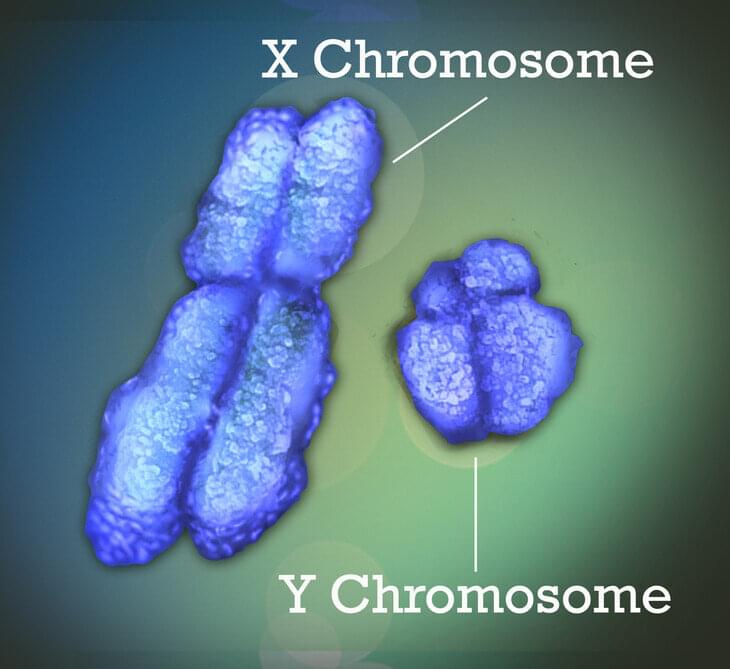Many human diseases can differ between males and females in their prevalence, manifestation, severity or age of onset. Examples include Lupus, where more than 80% of patients are females; Alzheimer’s disease, where females have higher incidence and tend to suffer quicker cognitive decline; and COVID-19 infections that are frequently more severe in males.
These sex differences may have a genetic basis that is attributable to the sex chromosomes. The X chromosome—one of the two sex chromosomes—is known to play an important role in human development and disease. New research led by Penn State College of Medicine reveals for the first time that sex-biased diseases can be attributable to genes that escape X chromosome inactivation (XCI), a process that ensures that females do not overexpress genes on their X-chromosomes.
The team developed a genetic tool that can identify these XCI escape genes, and it may also help in determining whether a female will develop a sex-biased disease and if the disease will become progressively worse over time. The tool may even be useful in understanding the sex differences in immune responses to COVID-19, as the disease is thought to produce more severe symptoms and higher mortality in men than in women.
